Today we're speaking with Jay Han, a tattoo artist from South Korea with a nine-year creative journey. In this interview, we'll learn about his art, inspiration, success story, and deep convictions. Jay will share his views on tattooing as an art form, experiences working abroad and domestically, as well as the challenging decisions that led him to the unique realm of hair tattoos. Discover the captivating world of tattooing and art through Jay Han's perspective.
Let's start with introductions. Where are you from, and where do you currently work and schedule appointments?
- Hello! My name is Jay Han, and I'm a tattoo artist from Ulsan, South Korea. I've been tattooing for nine years.
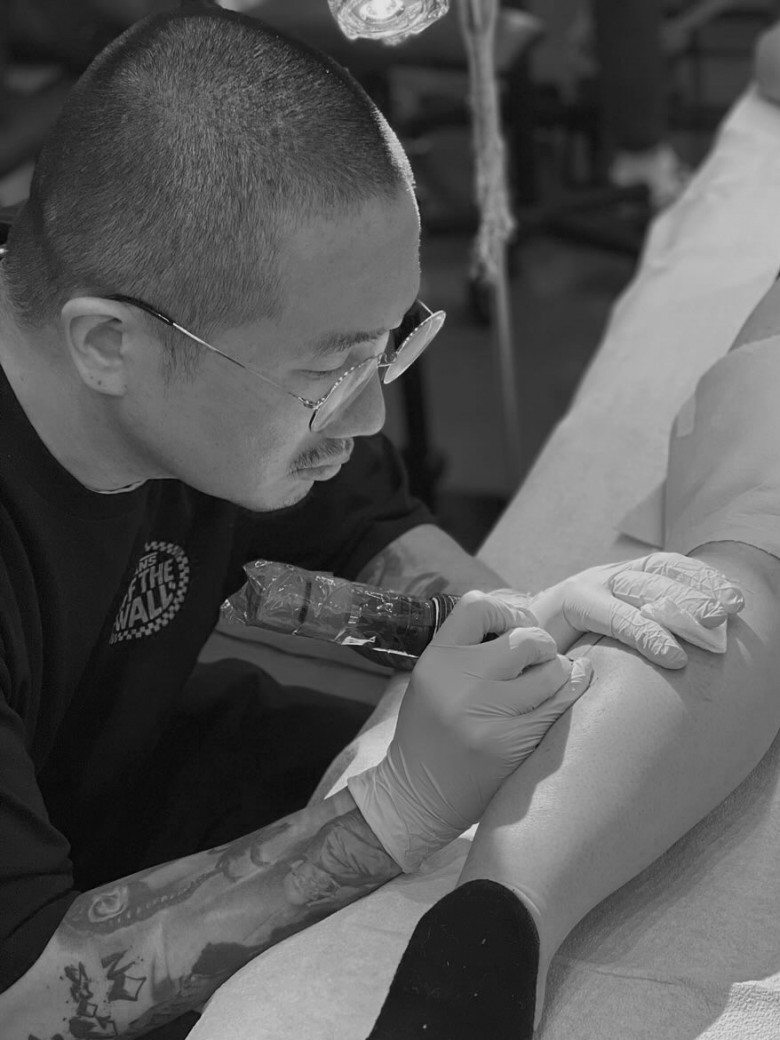
Is tattooing, for you, an art form, a profession, or something else?
- Answering that question is always complex. Sometimes I do tattoos as a business, but ideally, I view my tattoos as my own artwork gifted to clients. While I do accommodate clients' requests, I strive to provide them with a tattoo that satisfies them aesthetically. Ultimately, my tattoos aim to please clients when they make their choice.
When did you realize you wanted to specialize in tattooing? Did you have any mentors?
- Yes, after high school, I pursued an art major in college. However, after working in other fields for three years post-graduation, I yearned to return to painting. At that time, a friend became a tattoo artist, which piqued my interest as I always found tattoos intriguing. Through both friends and mentors, I delved into various aspects of tattooing, from its technicalities to cultural history.
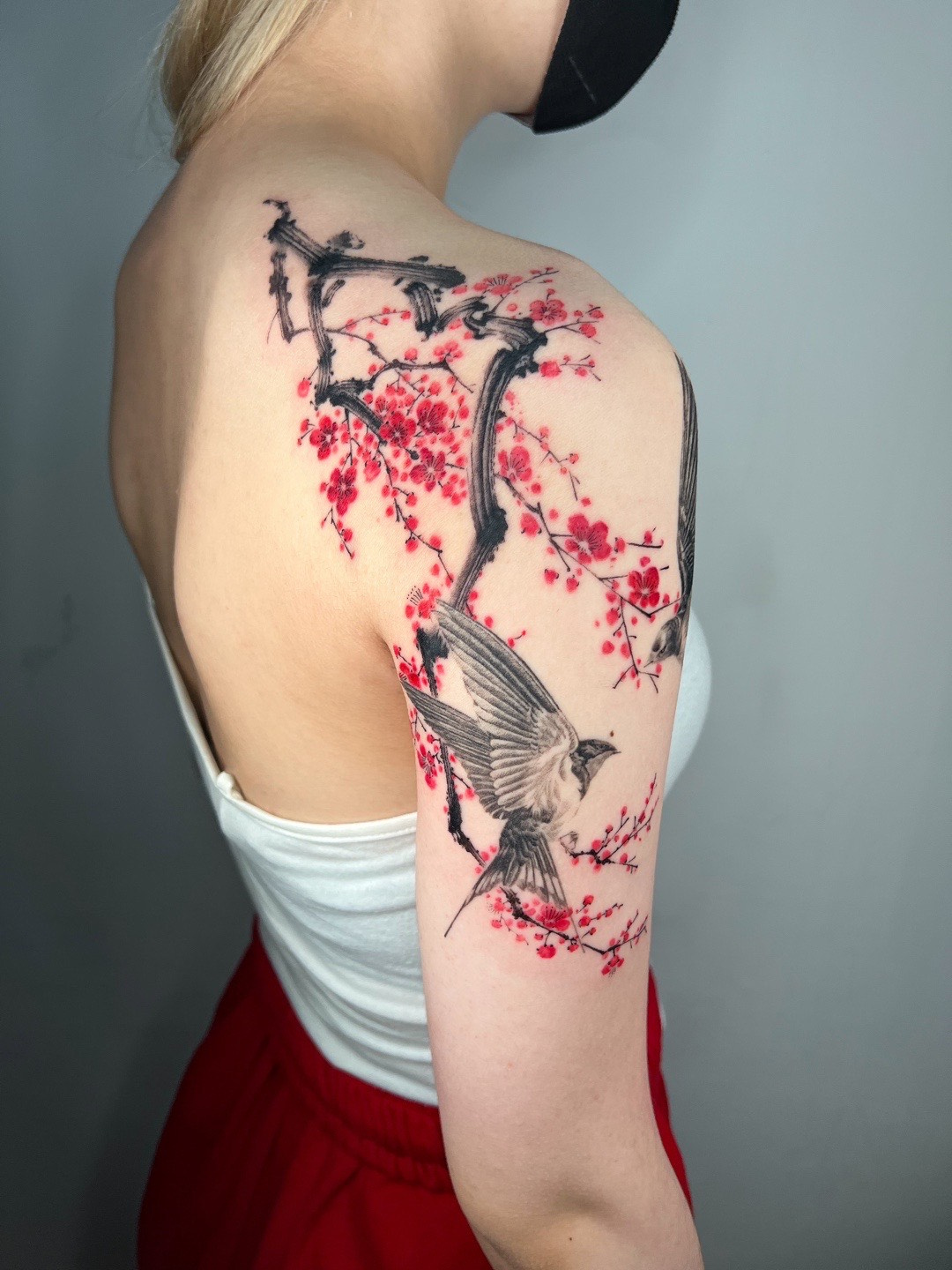
Your portfolio is diverse in both themes and techniques. Why did you choose the path of being a versatile artist?
- Prior to tattooing, I spent considerable time painting oriental art. Drawing from this background, I initially designed tattoos with oriental elements and later ventured into black and gray designs. My ongoing exploration involves blending oriental art with black and gray styles, often incorporating brush strokes. I don't seek to be unique; rather, I hope many people appreciate and enjoy my art. Hence, I opted for the path of becoming a multifaceted artist.
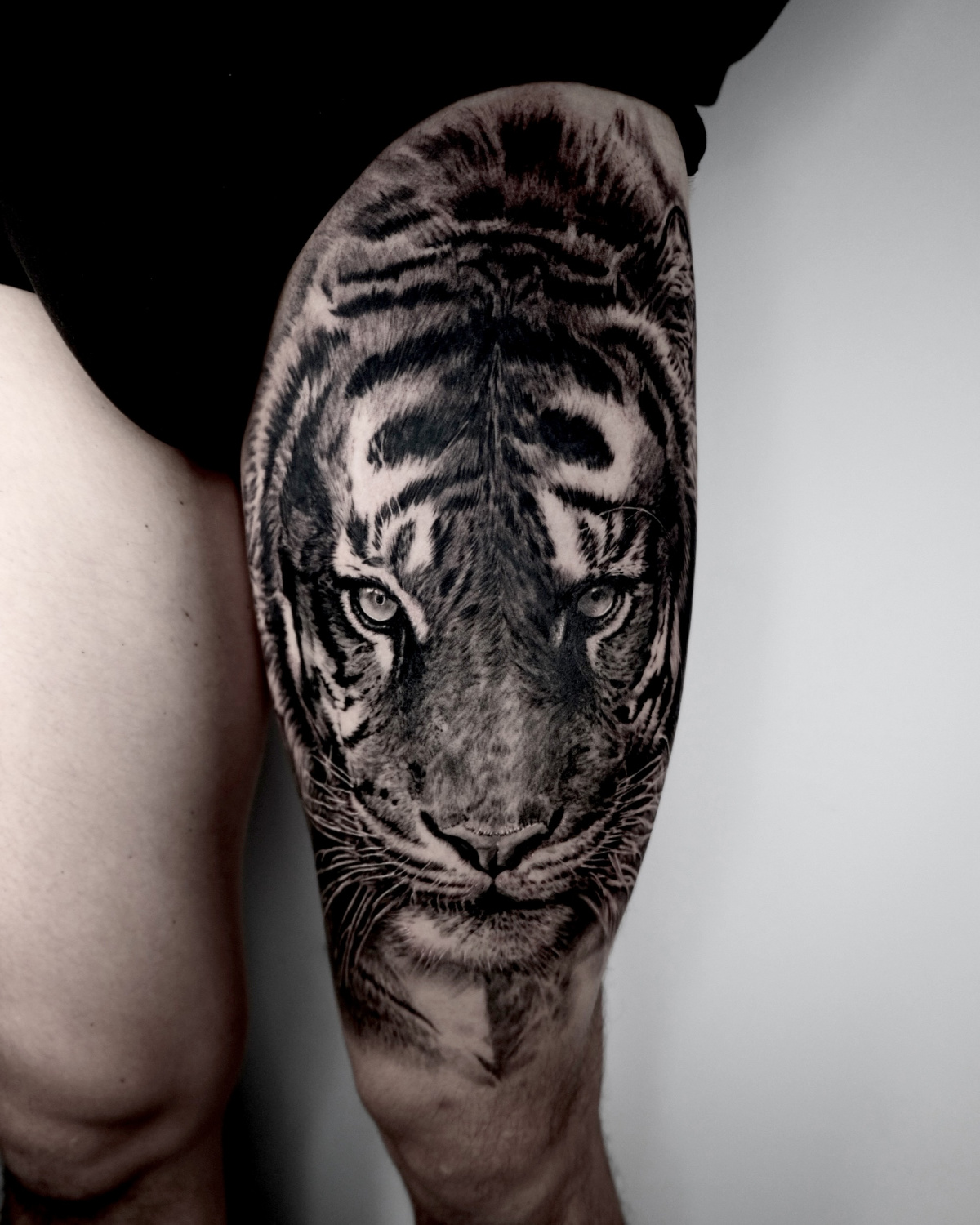
Which existing tattoo style is your favorite, and why?
- I particularly enjoy blending oriental art with black and gray styles. I'm drawn to intricate details and textures. Despite my oriental painting background, I appreciate the interplay of light and shadow, a departure from traditional oriental painting's absence of shading. I'm fond of black and gray styles, textured brush strokes, and traditional oriental art, aspiring to seamlessly merge them in an appealing and natural manner—a significant goal of mine.
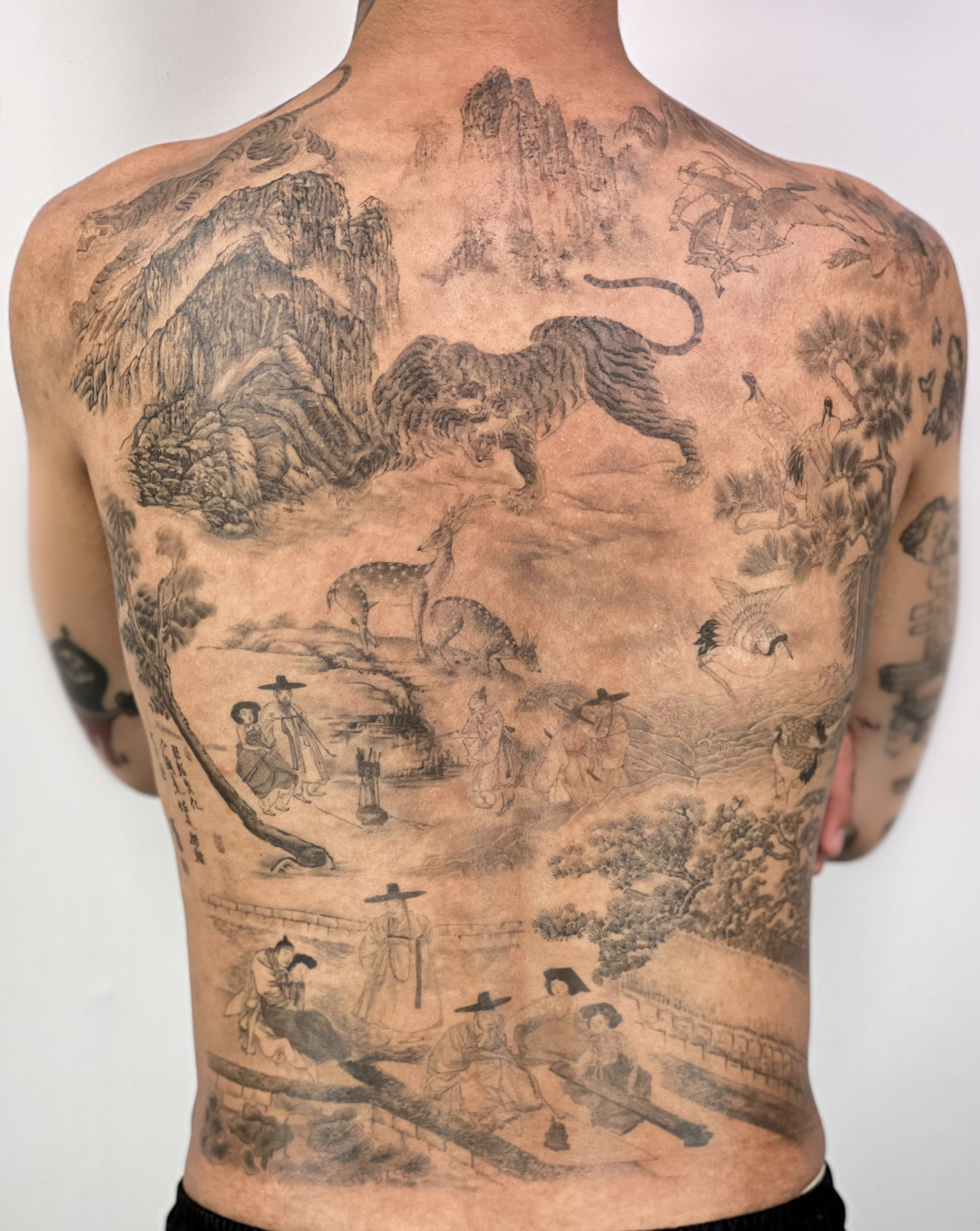
You have many intricate designs! Describe how your projects come to life. Do you incorporate AI into your practice? What are your thoughts on this technology in the tattooing industry?
- That's an intriguing question. Thus far, I haven't integrated AI into my designs. Undoubtedly, AI design will significantly impact the future of tattooing. However, I believe tattooing is inherently a human craft; while AI can assist in design aspects, the core of tattooing relies on the artist's creativity and vision.
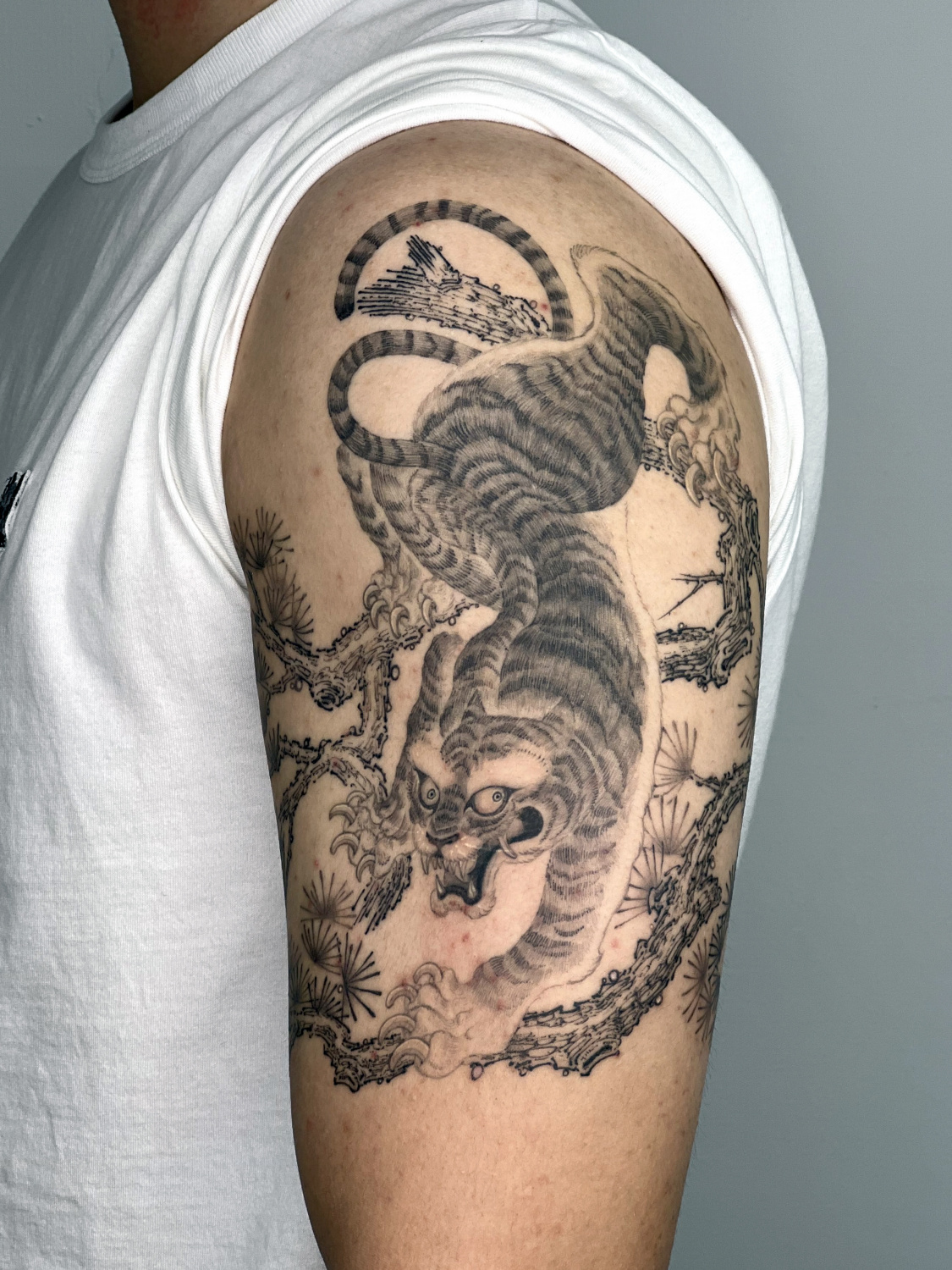
Aside from tattooing, you're also involved in the rare field of hair tattoos. Tell us about how you started and why you chose this direction. Are you referring to scalp tattoos?
- I'll be candid. Initially, it was a business decision. Many Korean tattoo artists juggle multiple jobs, such as delivery or hospitality, or offer discounted tattoos. While I respect those with dual occupations, I didn't want to devalue tattoos, a passion of mine. Hence, instead of seeking unrelated jobs, I explored scalp tattooing—an extension of tattooing but in a distinct area. Initially, I found scalp tattooing relatively straightforward, but soon realized the lack of proper education in most Korean scalp tattoo academies. Subsequently, I underwent rigorous training, particularly mastering techniques from European scalp tattoo artists. Initially motivated by financial gains, my focus shifted towards aiding individuals in need and providing emotional healing through scalp tattoos.
How in-demand is this procedure in Korea?
- Contrary to claims by scalp tattoo academies, demand for scalp tattoos isn't as high in Korea. Despite cultural differences, I've observed greater interest from women with thinning hair rather than men. Nonetheless, compared to traditional tattoos, perceptions towards scalp tattoos are relatively open among clients.
Do you have favorite tattoos, clients, projects, or perhaps some unusual stories in your career?
- I have several favorite tattoos, including a full leg piece featuring a tiger and a tiger hunter—an early tattoo that solidified my identity and potential as an artist. Additionally, I cherish most of my oriental and brush stroke designs tattooed on clients. However, the most memorable tattoo isn't stylistically mine but one that brought emotional healing to a client. The client, plagued by keloid scars, found solace through tattooing, transforming his life positively. This experience imbued greater significance to my profession beyond mere skin artistry.
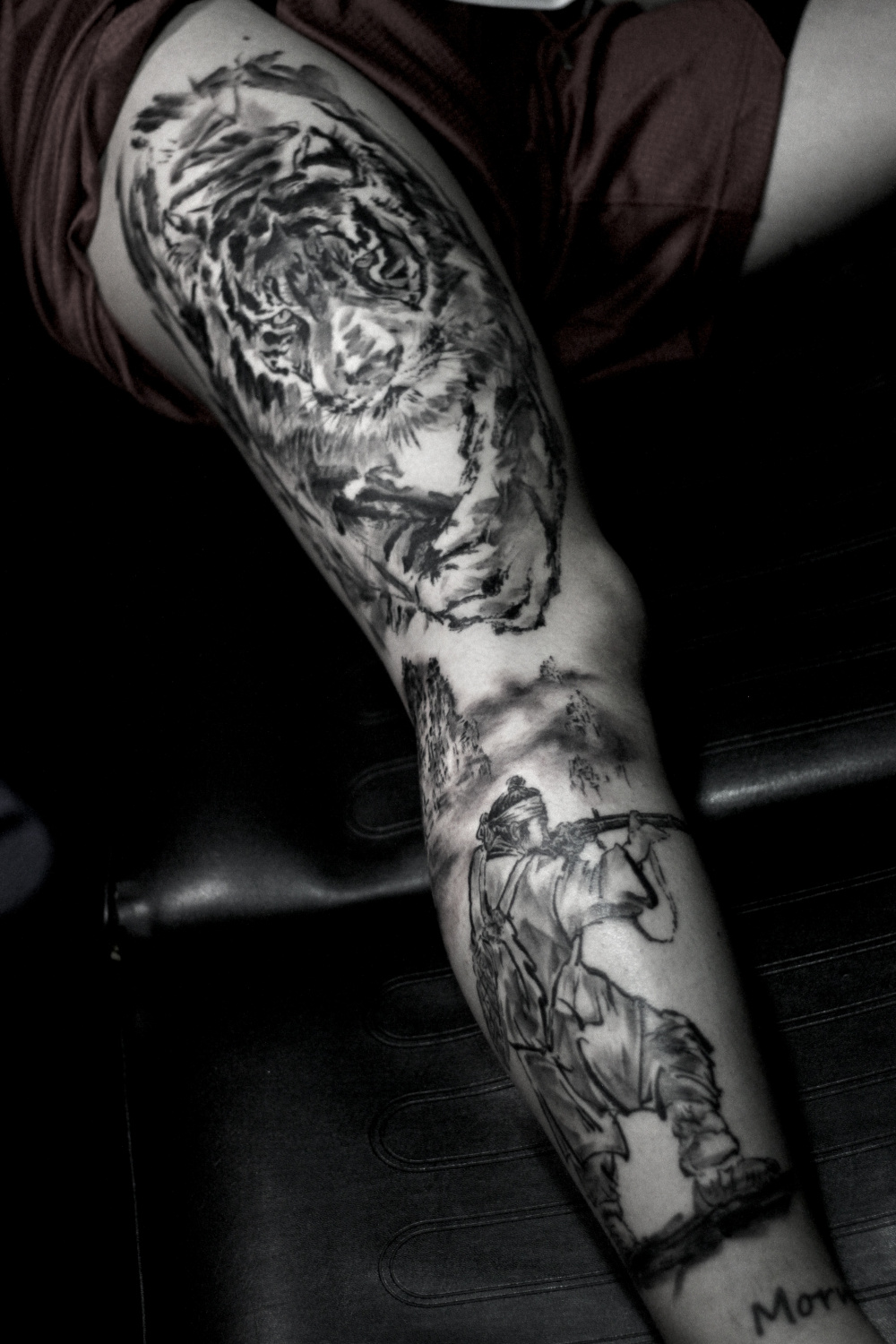
What is the most significant aspect of tattooing for you?
- For me, the essence of tattooing transcends technical skill, artist fame, or financial gains. It's about one's approach—an amalgamation of hygiene practices, client interactions, respect for colleagues, and reverence for tattoo culture. This ethos encompasses honesty, love, and respect towards tattoos, elevating tattooing beyond a mere business endeavor to a cultural phenomenon.
Do you travel often for work? Where have you been? With whom have you collaborated?
- Since I began tattooing, I aspired to work internationally, inspired by renowned tattoo artists abroad. Despite being a novice, I pursued guest work opportunities in 2016—a privilege typically extended by invitation only. Securing a spot in a Canadian tattoo shop was a dream come true, offering invaluable insights into foreign tattoo culture and life.
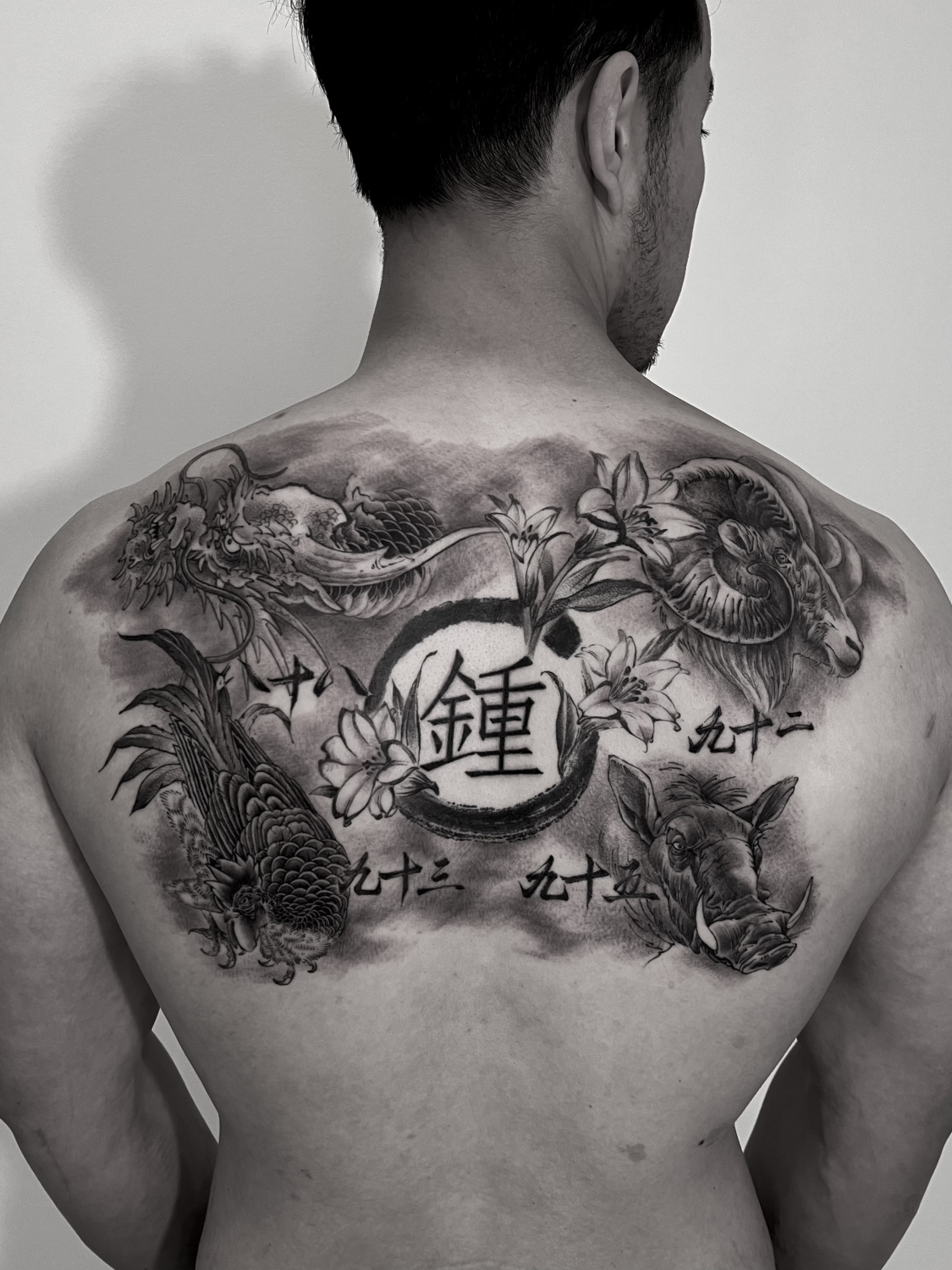
Do you participate in tattoo conventions?
- Invited to Montreal and Quebec Tattoo Conventions in 2017 and 2018, I prioritized gaining experience over competing or winning awards. Fully booked throughout the conventions, I treasured the opportunity to interact with clients and fellow artists. However, since becoming a father amidst the pandemic, overseas conventions have been on hold. Given the chance, I aspire to clinch top honors in oriental or black and gray categories at future conventions.
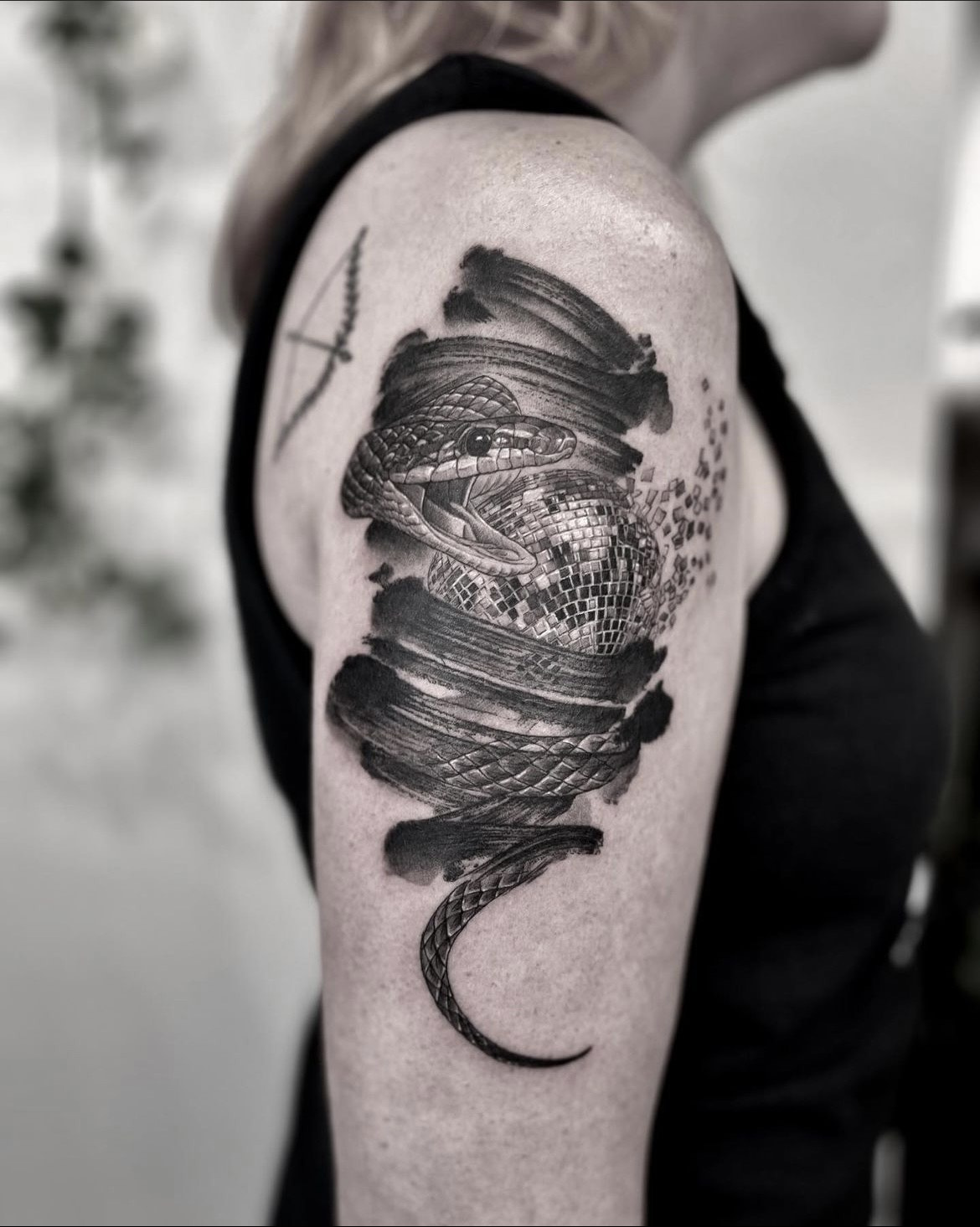
Have you collaborated with other artists?
- Not yet. However, many of my peers, mentors, and friends have ventured abroad to countries like the United States and Canada. If given the opportunity, I'd eagerly collaborate with them officially while working overseas.
Many successful tattoo artists aim to share their experiences. Do you engage in such activities, and for whom?
- Should I achieve success, I aspire to share insights with like-minded individuals aspiring for similar growth.
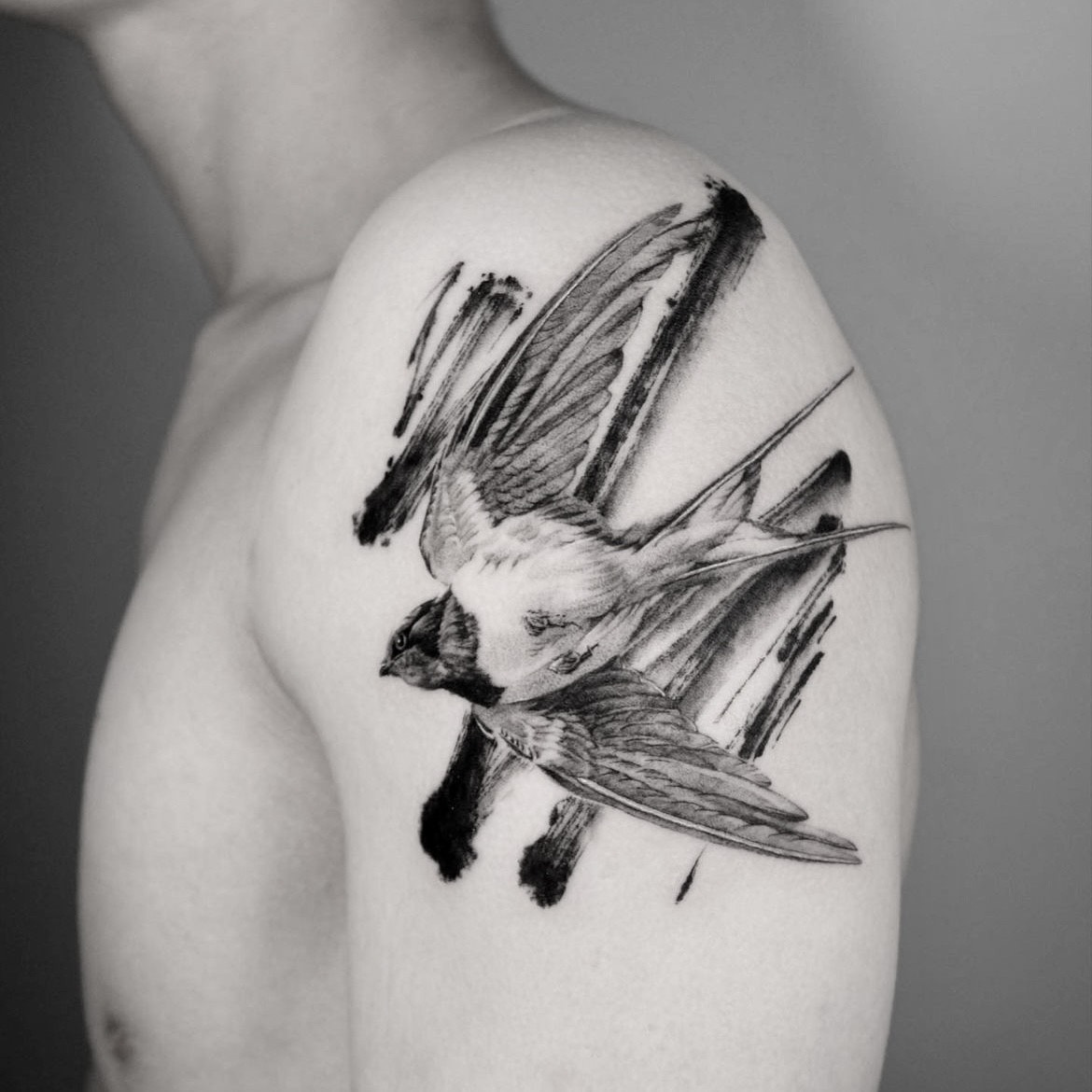
What aspect of being a tattoo artist do you find most appealing?
- Contrary to common perception, tattooing demands significant dedication and effort to craft meaningful artworks that bring joy to clients. While I don't seek recognition for this effort, the ability to impart happiness through tattooing is its most rewarding aspect.
Do you have any career goals or plans for the near future?
- My goal is to immerse myself in tattoo culture, connect with diverse clients, and showcase my art. It's a multifaceted goal requiring careful planning and diligent execution. As they say, yesterday is history, tomorrow is a mystery, and today is a gift.
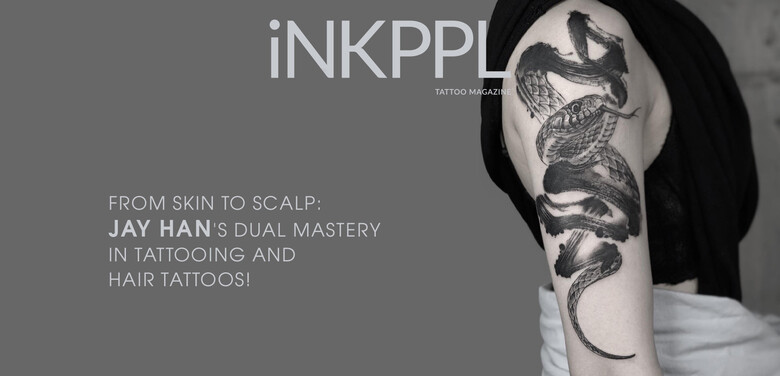




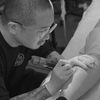
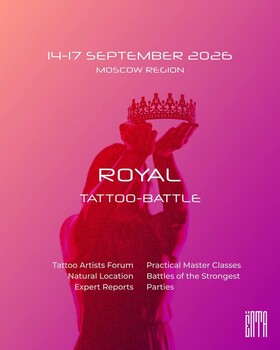
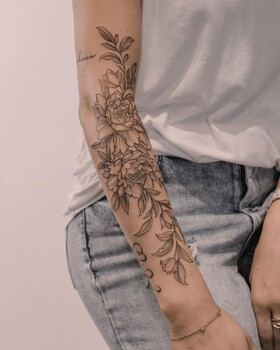
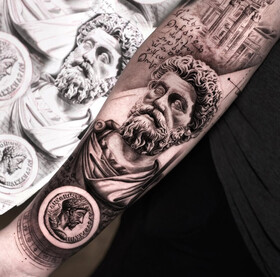
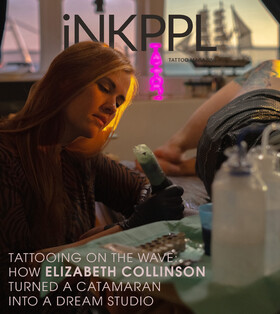
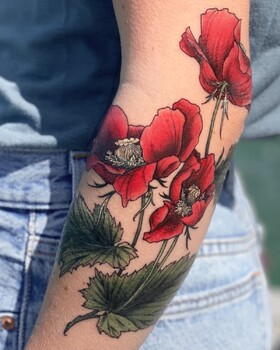
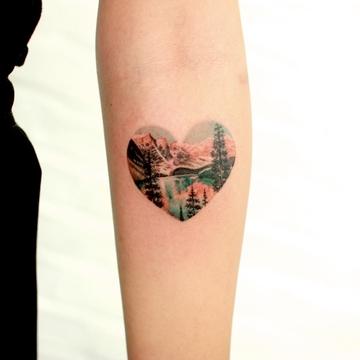
Comments (0)